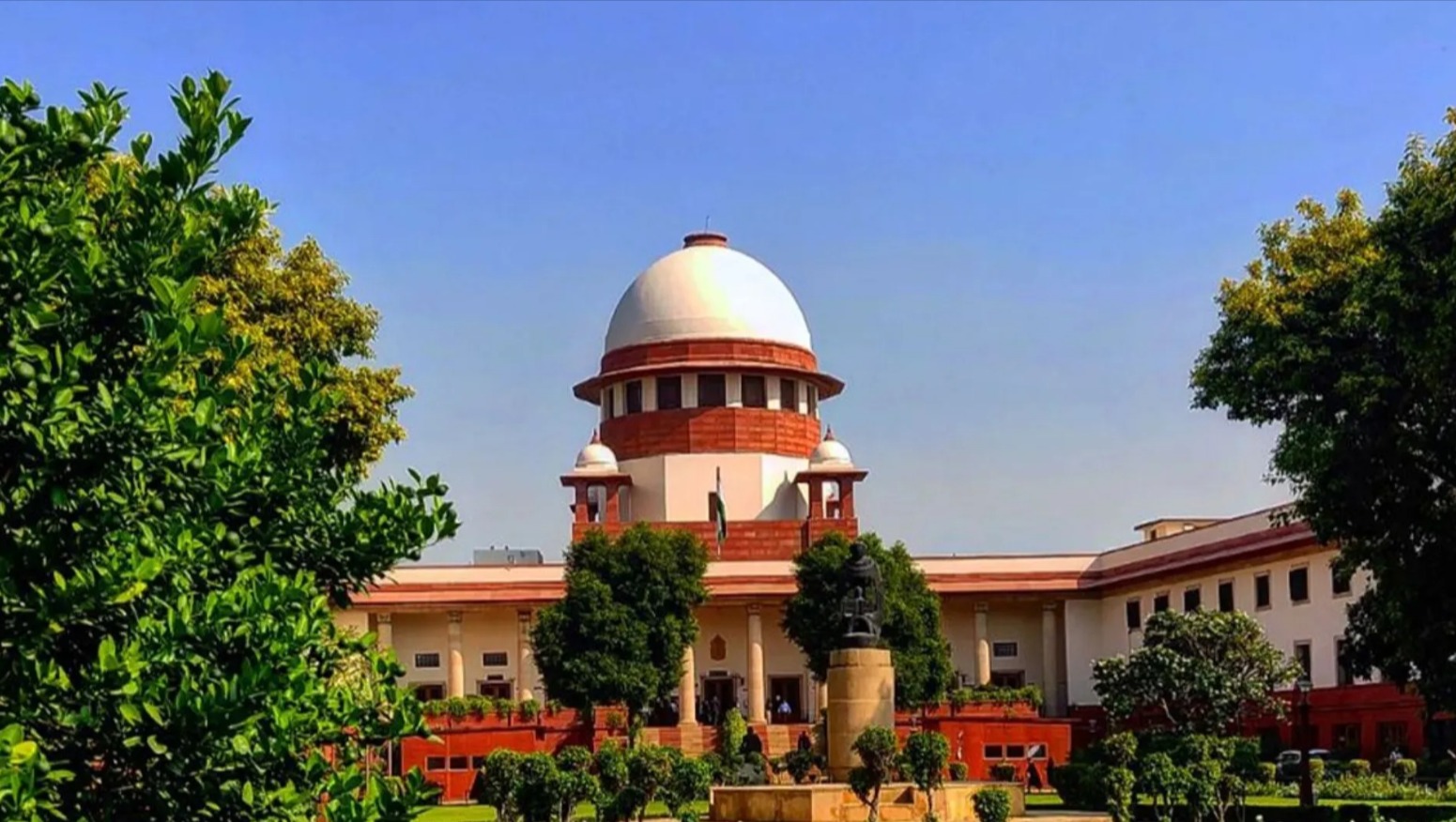
The Supreme Court established digital access as a component of constitutional rights to Life and Liberty as defined by Article 21. The court issued its ruling after examining the problems disabled persons encounter when trying to finalize digital KYC procedures. The Court stressed that the government needs to create digital systems that welcome all users, including vulnerable marginal groups. All public institutions have to establish a digital system that serves all members of society. The judgment creates important conditions for increasing access to both welfare benefits and public services through digital platforms, which are accessible to everyone.
Context:
-
The Supreme Court of India produced a major decision that declared that access to digital inclusion for e-governance and welfare programs falls within the scope of fundamental rights for life and dignity under Article 21 of the Constitution.
-
The court issued the decision to handle the difficulties disabled persons encounter when performing obligatory digital KYC obligations.
Key Points
Background & Context:
-
The speed of digital transformation in India has been swift, as e-governance, together with Aadhaar authentication and KYC processes and online public service delivery, has become widespread practice. India must prioritize accessibility and digital inclusion because they matter most to persons with disabilities, together with marginalized groups.
-
In this digital period, the Supreme Court has restructured the application process of fundamental rights throughout digital platforms.
What the Supreme Court Said:
-
In their judgment, Justices J.B. Pardiwala and R. Mahadevan emphasized that people need digital access to essential services because it constitutes a basic right.
-
The legal decision stated that digital access denial or creating barriers to digital entry constitutes Article 21 violations of personal rights to freedom and life protection.
Implications of the Judgment:
After this ruling, anyone who lacks access to digital platforms faces a rights infringement. The governmental sector at both the state and central levels must fulfill its new constitutional duties:
-
Accessible apps and websites (in line with Web Content Accessibility Guidelines - WCAG)
-
Alternative KYC procedures must support inclusiveness by replacing visual or biometric requirements.
-
Multilingual interfaces for public platforms
-
Disability Rights Strengthened: Reinforces provisions of the Rights of Persons with Disabilities Act, 2016 in the digital realm.
All sections need to have digital access to schemes such as DBT, PMAY, pensions and more under the framework of an inclusive E-Governance architecture.
Conclusion
Through this Supreme Court interpretation of the Constitution, India advances by guaranteeing that all people gain equal access to digital development. Conditions for digital inclusivity are necessary in current policies to protect the dignity and equal rights of all citizens.



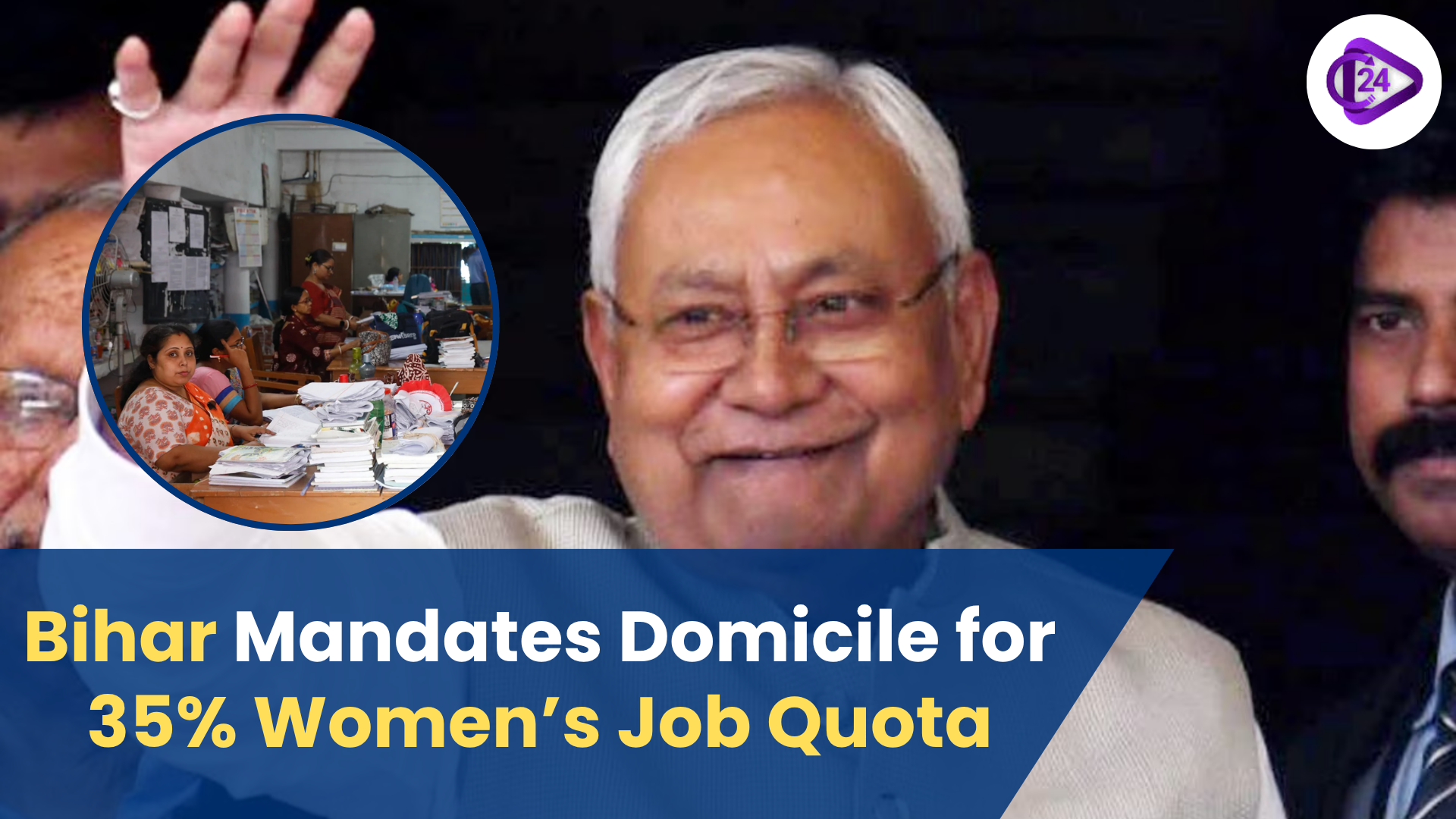 Bihar Cabinet Makes Domicile Mandatory for Women to Access 35% Reservation in State Govt. Jobs
Bihar Cabinet Makes Domicile Mandatory for Women to Access 35% Reservation in State Govt. Jobs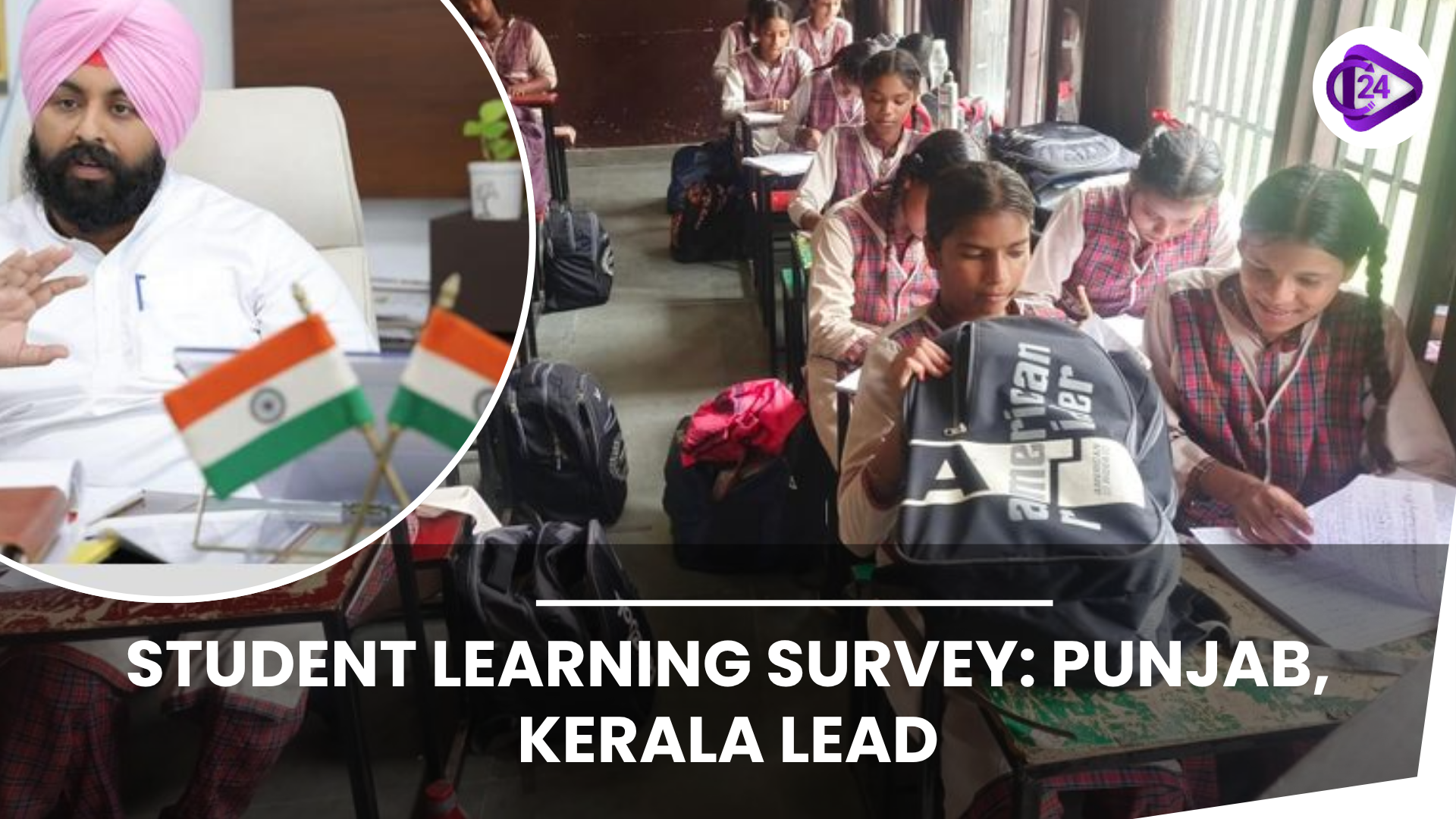 Countrywide Survey Highlights Deficits in Student Learning; Punjab and Kerala Among Top Performers
Countrywide Survey Highlights Deficits in Student Learning; Punjab and Kerala Among Top Performers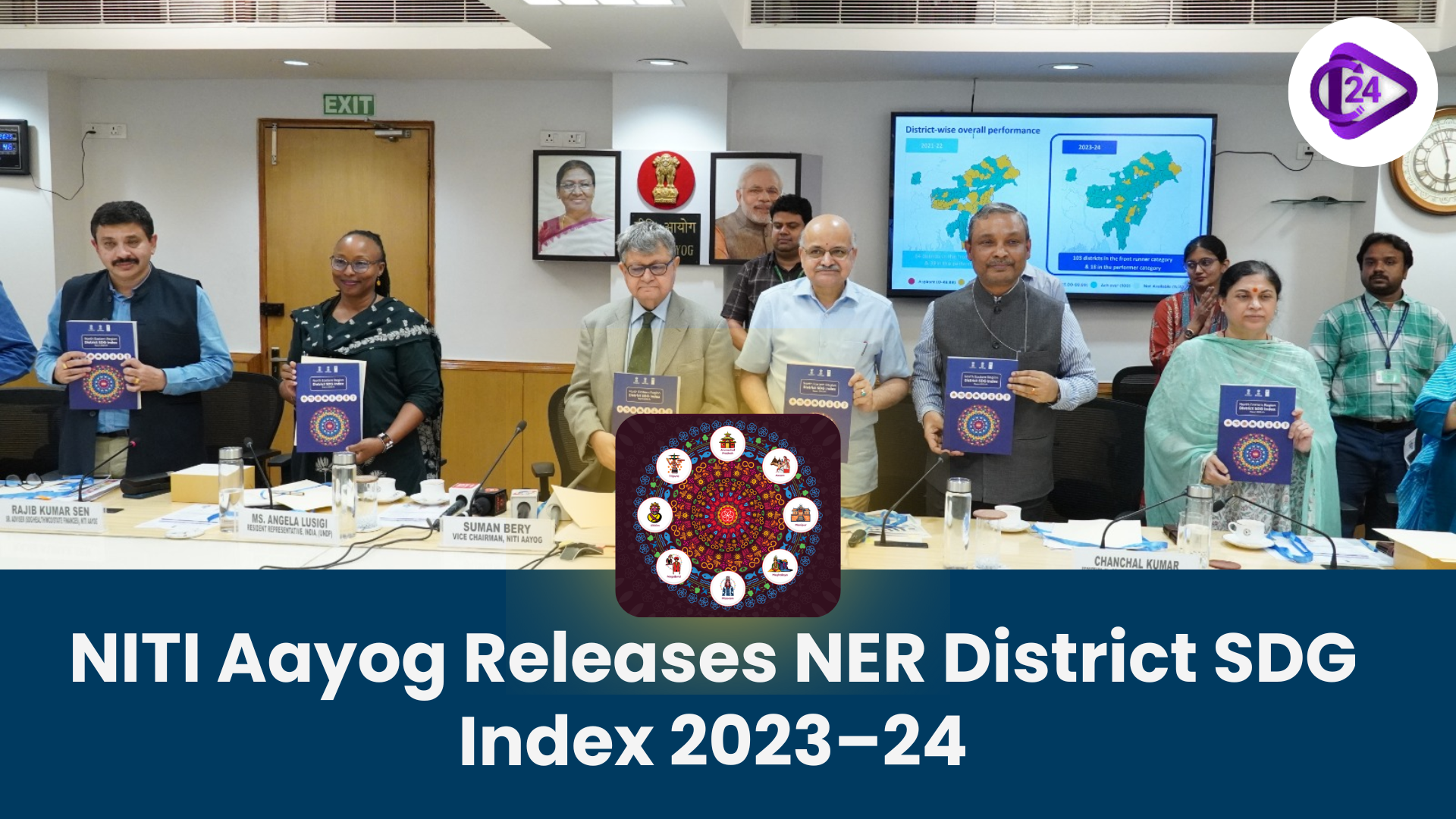 NITI Aayog Releases Second Edition of North Eastern Region District SDG Index (2023-24)
NITI Aayog Releases Second Edition of North Eastern Region District SDG Index (2023-24)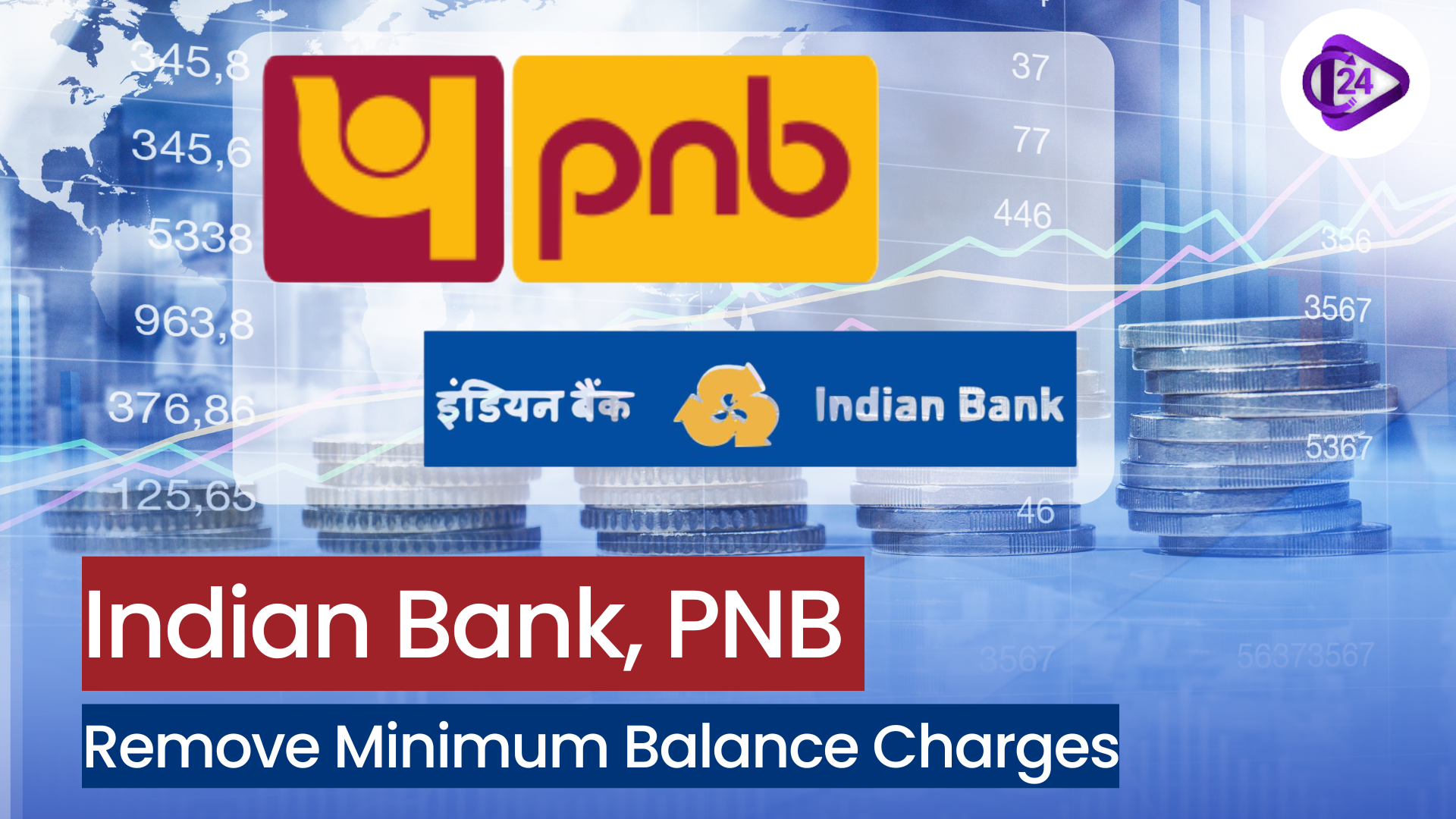 Indian Bank, PNB Remove Minimum Balance Charges
Indian Bank, PNB Remove Minimum Balance Charges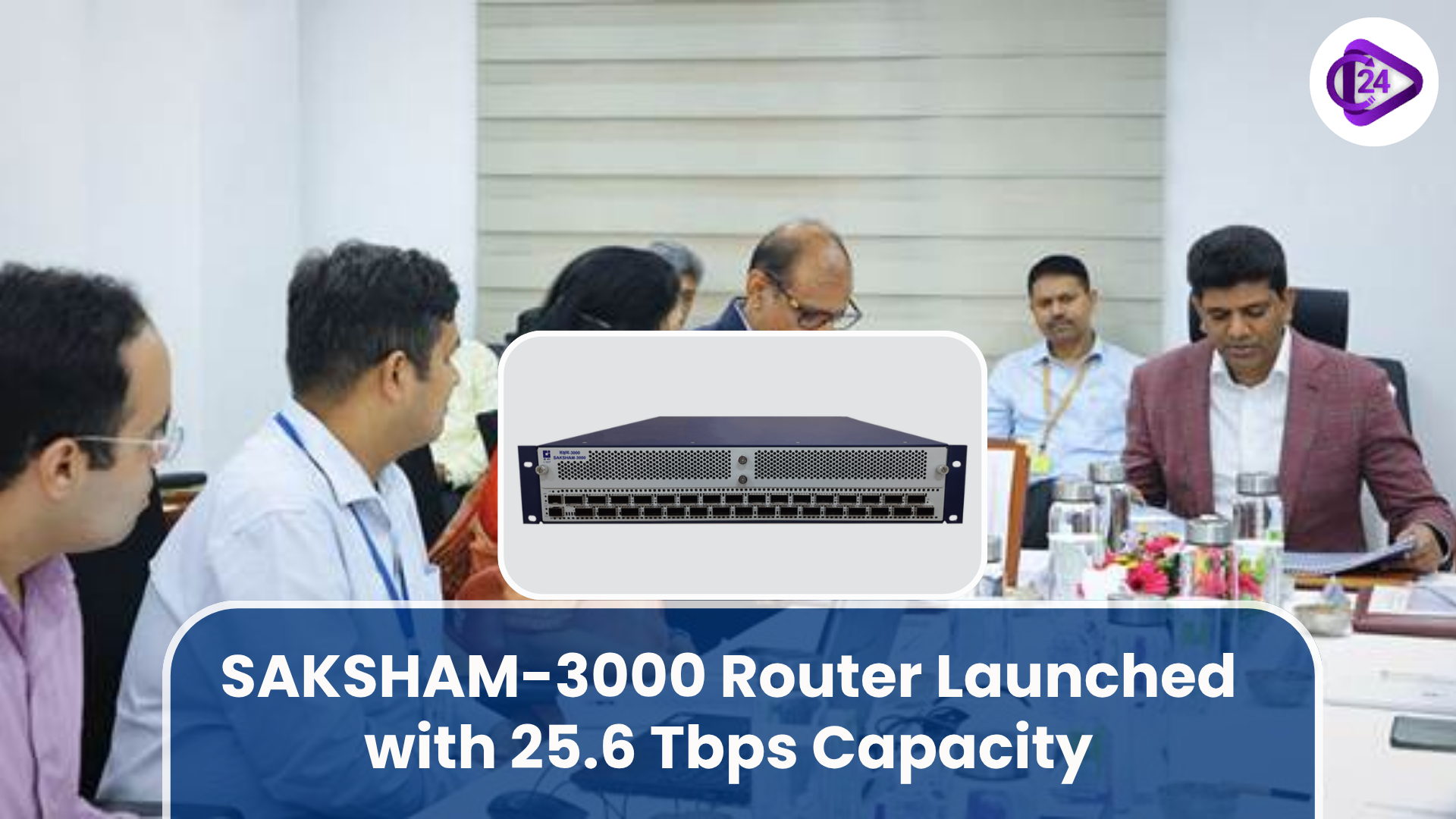 SAKSHAM-3000 Router Launched with 25.6 Tbps Capacity
SAKSHAM-3000 Router Launched with 25.6 Tbps Capacity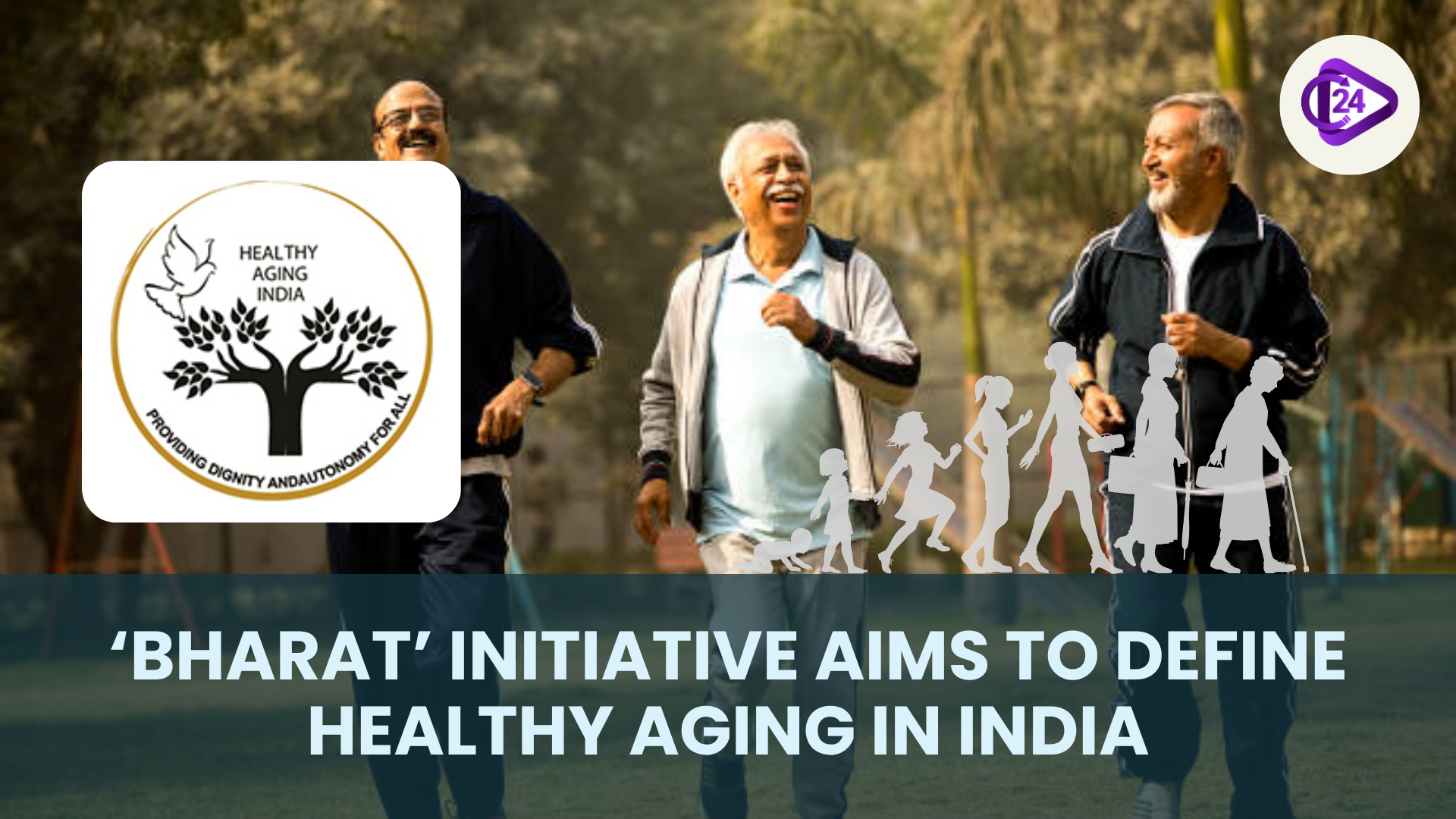 ‘BHARAT’ Initiative Aims to Define Healthy Aging in India
‘BHARAT’ Initiative Aims to Define Healthy Aging in India Three Apache Combat Helicopters to Arrive in India by July 15
Three Apache Combat Helicopters to Arrive in India by July 15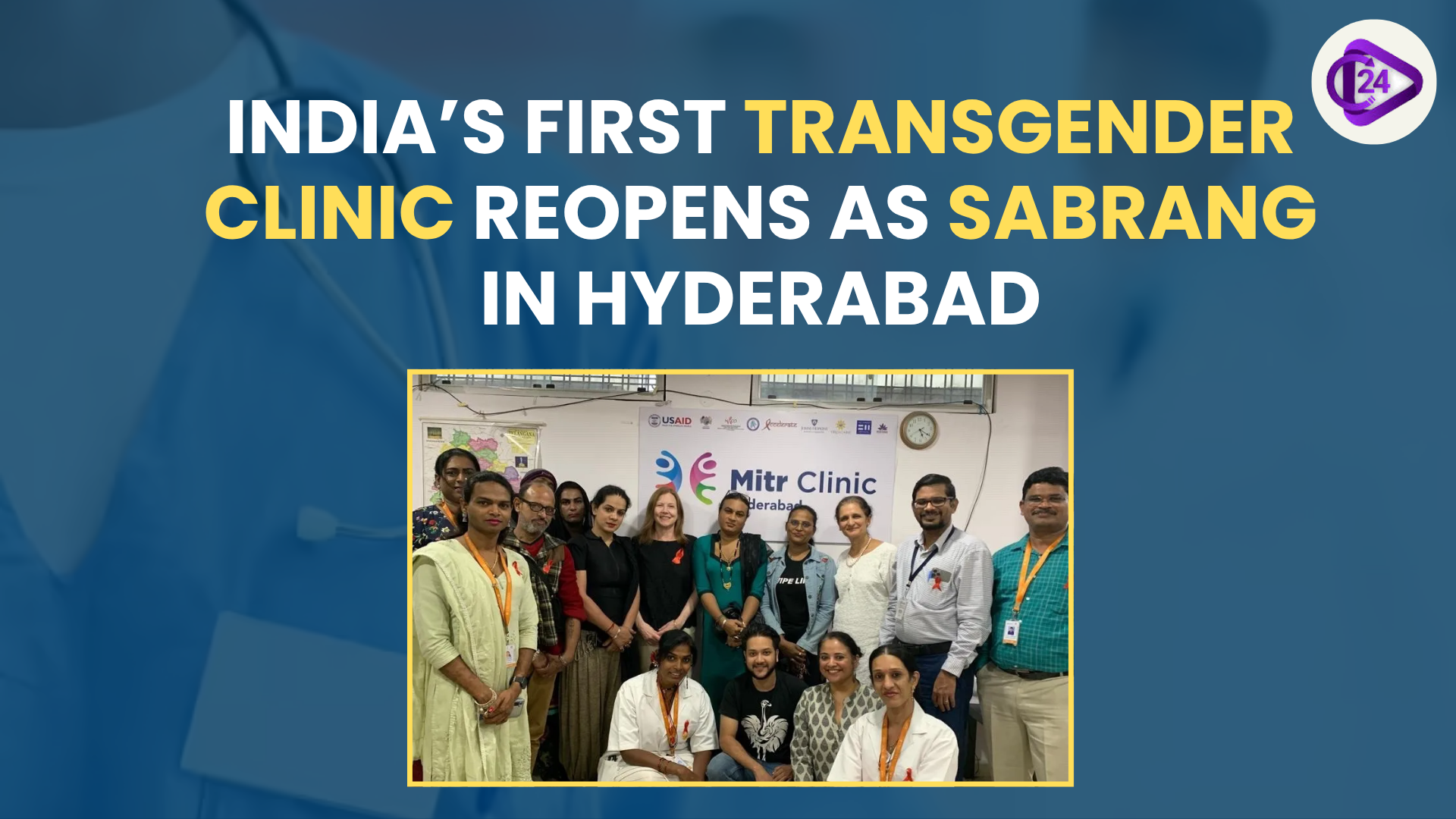 India’s First Clinic for Transgender Persons Reopens as Sabrang in Hyderabad
India’s First Clinic for Transgender Persons Reopens as Sabrang in Hyderabad No Link Found Between COVID-19 Vaccines and Sudden Deaths: Health Ministry
No Link Found Between COVID-19 Vaccines and Sudden Deaths: Health Ministry Phone Tapping Not Permissible for Crime Detection: Madras High Court
Phone Tapping Not Permissible for Crime Detection: Madras High Court






